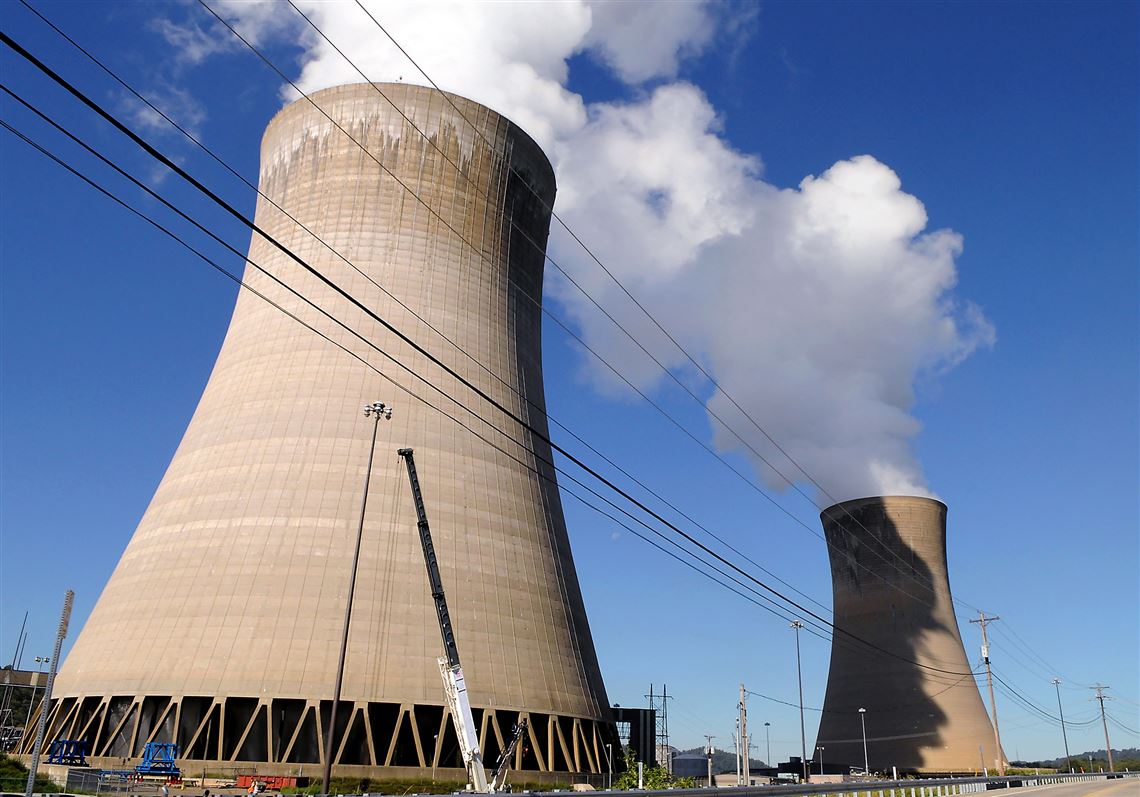
Editorial - Nuclear Energy Offers a Climate Change Solution - 2024 
Nuclear Power Industry
Date posted: 04/14/24
Stein opined in mid-April 2024 that during last December’s U.N. climate change conference, more than 20 countries from four continents launched the Declaration to Triple Nuclear Energy. The Declaration recognizes the crucial role of nuclear energy in achieving global net-zero greenhouse gas emissions by 2050 and keeping the 1.5 degree goal within reach.

Among the signers were the U.S., Canada, France, Finland, the U.K., and 11 other European countries, Japan, Korea, Ghana, Jamaica, Morocco and Mongolia.
Unequivocal opposition
While support for nuclear power is gaining ground worldwide, many environmental groups still unequivocally oppose nuclear energy. Environmental groups opposed to nuclear energy cite “significant safety problems inherent in reactor operation, disposal of spent fuels, and possible diversion of nuclear materials capable of use in weapons manufacture” as the reasons to block construction of any new commercial nuclear fission power plants.
There is no perfect energy source. Solar and wind power are clean during operation, but intermittent and can use a lot of space. Oil and gas contribute to greenhouse gas emissions and health impacts. Yes, nuclear energy generates waste and there are concerns about possible accidents or leaks. What often goes unnoticed: nuclear power has been steadily improving since its beginnings. Attitudes, business models, and regulations have not kept pace. Here are a few facts of note:
- Safety: Nuclear power is one of the safest forms of energy. Data shows that it is a much safer and healthier energy source than fossil fuels, which are responsible for roughly one in five to one in six deaths globally every year. What’s more, most of the world’s operating nuclear reactors right now are older, second-generation designs. These plants provide some of the safest energy ever produced, but more recently built third-generation reactors, and fourth-generation designs under development will further improve safety.
- Environmental Impact: Nuclear energy, even considering older technology, is one of the least impactful to the environment. It also emits the least greenhouse gas emissions over the life cycle and that amount will be even lower on average as older technology retires.
Less wasteful and more secure
- Waste: Many people think spent fuel and waste are dangerous. Nuclear waste is a solid that is stored in steel and concrete cannisters designed to withstand earthquakes, tornadoes, floods, and attacks with projectiles. It isn’t the most dangerous waste or even the longest-lived. A lot of it isn’t even waste. Progress is being made with new types of fourth-generation reactors, such as high-temperature gas, sodium-cooled, and molten salt reactors that generate less waste and, in many instances, can recycle fuel. Every energy source generates waste. Nuclear waste is contained and safely stored. Other energy sources send their waste out into the environment.
- Security: Since the early 2000s, there has been extreme attention placed on protecting plants from armed assault and cyber-attacks. Protective measures include physical barriers, controlled and restricted access to identified locations within facilities, and categories of identification badging for personnel. Several technical controls exist, such as radiation detection portals, surveillance cameras, X-ray scanners for detecting hidden weapons or explosives, and interior and exterior intrusion detection sensors. The first time an armed group has attacked an operating civil nuclear power plant was Russia’s military action in Ukraine in 2022. To date, no cyber-attack on a nuclear reactor’s information and control system has compromised safety.
The clear choice
The question is, do the problems of nuclear power outweigh its potential benefits? I am not saying nuclear energy is the only answer to the climate problem. I applaud environmentalists’ support of renewable energy sources. But we must keep investing in various climate solutions, including nuclear — the clear choice for 24/7 clean energy. [For more on the subject, see "The Rest of the Story ...." (here).]
Adam Stein is the director of nuclear energy innovation at the Breakthrough Institute.
Managed by I2M Consulting, LLC
